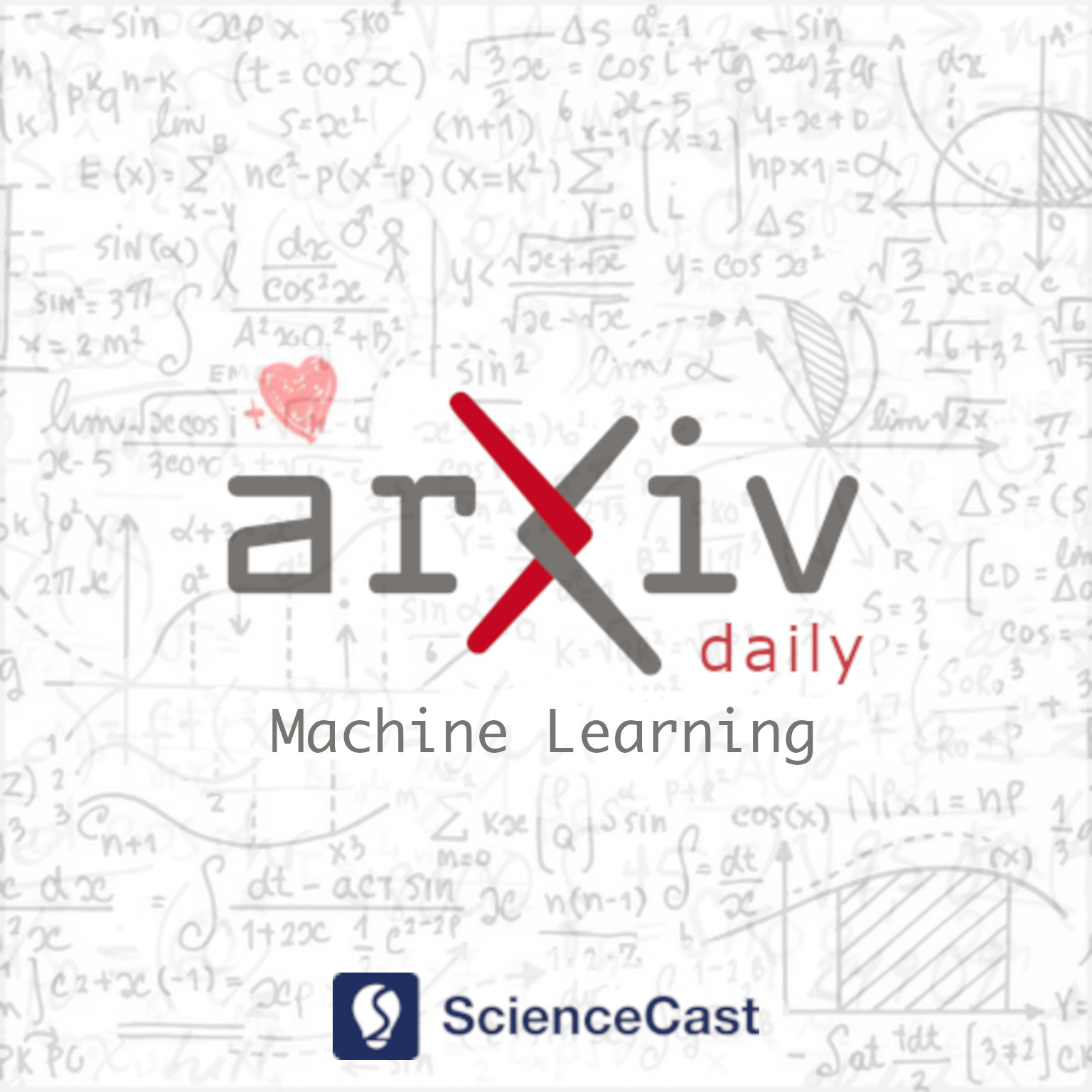
Machine Learning (stat.ML)
Thu, 29 Jun 2023
1.Understanding Pathologies of Deep Heteroskedastic Regression
Authors:Eliot Wong-Toi, Alex Boyd, Vincent Fortuin, Stephan Mandt
Abstract: Several recent studies have reported negative results when using heteroskedastic neural regression models to model real-world data. In particular, for overparameterized models, the mean and variance networks are powerful enough to either fit every single data point (while shrinking the predicted variances to zero), or to learn a constant prediction with an output variance exactly matching every predicted residual (i.e., explaining the targets as pure noise). This paper studies these difficulties from the perspective of statistical physics. We show that the observed instabilities are not specific to any neural network architecture but are already present in a field theory of an overparameterized conditional Gaussian likelihood model. Under light assumptions, we derive a nonparametric free energy that can be solved numerically. The resulting solutions show excellent qualitative agreement with empirical model fits on real-world data and, in particular, prove the existence of phase transitions, i.e., abrupt, qualitative differences in the behaviors of the regressors upon varying the regularization strengths on the two networks. Our work thus provides a theoretical explanation for the necessity to carefully regularize heteroskedastic regression models. Moreover, the insights from our theory suggest a scheme for optimizing this regularization which is quadratically more efficient than the naive approach.
2.Solving Kernel Ridge Regression with Gradient-Based Optimization Methods
Authors:Oskar Allerbo, Rebecka Jörnsten
Abstract: Kernel ridge regression, KRR, is a non-linear generalization of linear ridge regression. Here, we introduce an equivalent formulation of the objective function of KRR, opening up both for using other penalties than the ridge penalty and for studying kernel ridge regression from the perspective of gradient descent. Using a continuous-time perspective, we derive a closed-form solution, kernel gradient flow, KGF, with regularization through early stopping, which allows us to theoretically bound the differences between KGF and KRR. We generalize KRR by replacing the ridge penalty with the $\ell_1$ and $\ell_\infty$ penalties and utilize the fact that analogously to the similarities between KGF and KRR, the solutions obtained when using these penalties are very similar to those obtained from forward stagewise regression (also known as coordinate descent) and sign gradient descent in combination with early stopping. Thus the need for computationally heavy proximal gradient descent algorithms can be alleviated. We show theoretically and empirically how these penalties, and corresponding gradient-based optimization algorithms, produce signal-driven and robust regression solutions, respectively. We also investigate kernel gradient descent where the kernel is allowed to change during training, and theoretically address the effects this has on generalization. Based on our findings, we propose an update scheme for the bandwidth of translational-invariant kernels, where we let the bandwidth decrease to zero during training, thus circumventing the need for hyper-parameter selection. We demonstrate on real and synthetic data how decreasing the bandwidth during training outperforms using a constant bandwidth, selected by cross-validation and marginal likelihood maximization. We also show that using a decreasing bandwidth, we are able to achieve both zero training error and a double descent behavior.
3.Numerical Data Imputation for Multimodal Data Sets: A Probabilistic Nearest-Neighbor Kernel Density Approach
Authors:Floria Lalande, Kenji Doya
Abstract: Numerical data imputation algorithms replace missing values by estimates to leverage incomplete data sets. Current imputation methods seek to minimize the error between the unobserved ground truth and the imputed values. But this strategy can create artifacts leading to poor imputation in the presence of multimodal or complex distributions. To tackle this problem, we introduce the $k$NN$\times$KDE algorithm: a data imputation method combining nearest neighbor estimation ($k$NN) and density estimation with Gaussian kernels (KDE). We compare our method with previous data imputation methods using artificial and real-world data with different data missing scenarios and various data missing rates, and show that our method can cope with complex original data structure, yields lower data imputation errors, and provides probabilistic estimates with higher likelihood than current methods. We release the code in open-source for the community: https://github.com/DeltaFloflo/knnxkde